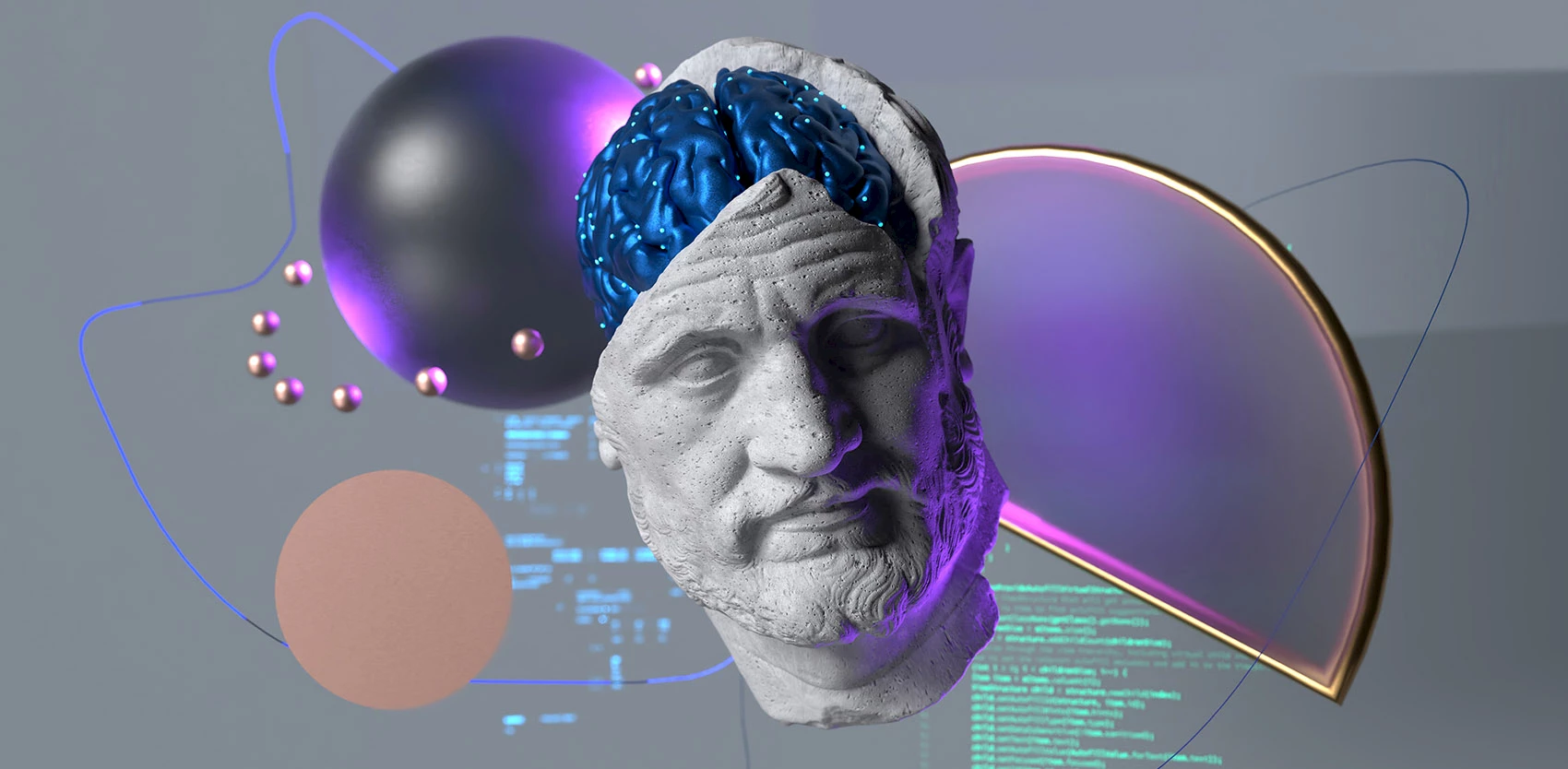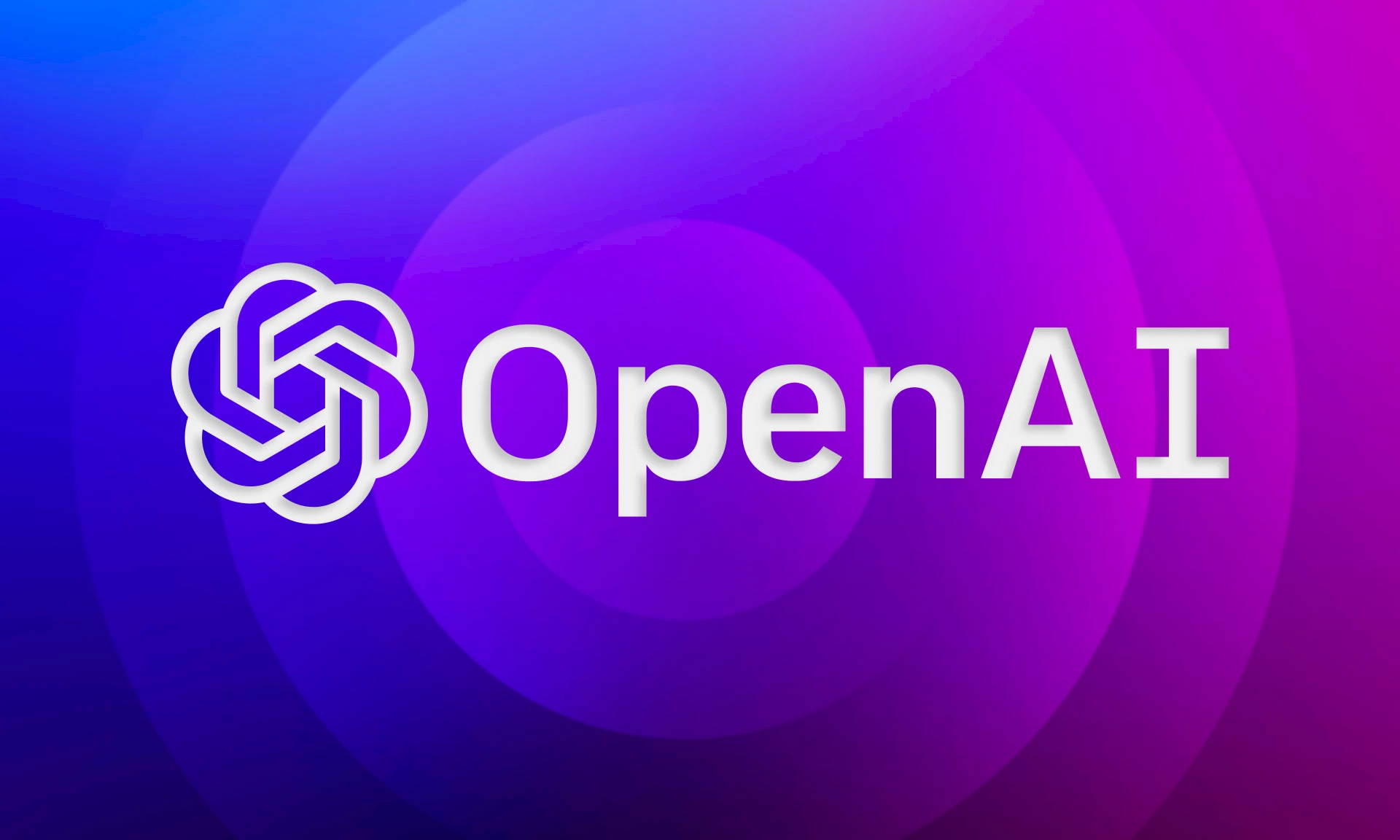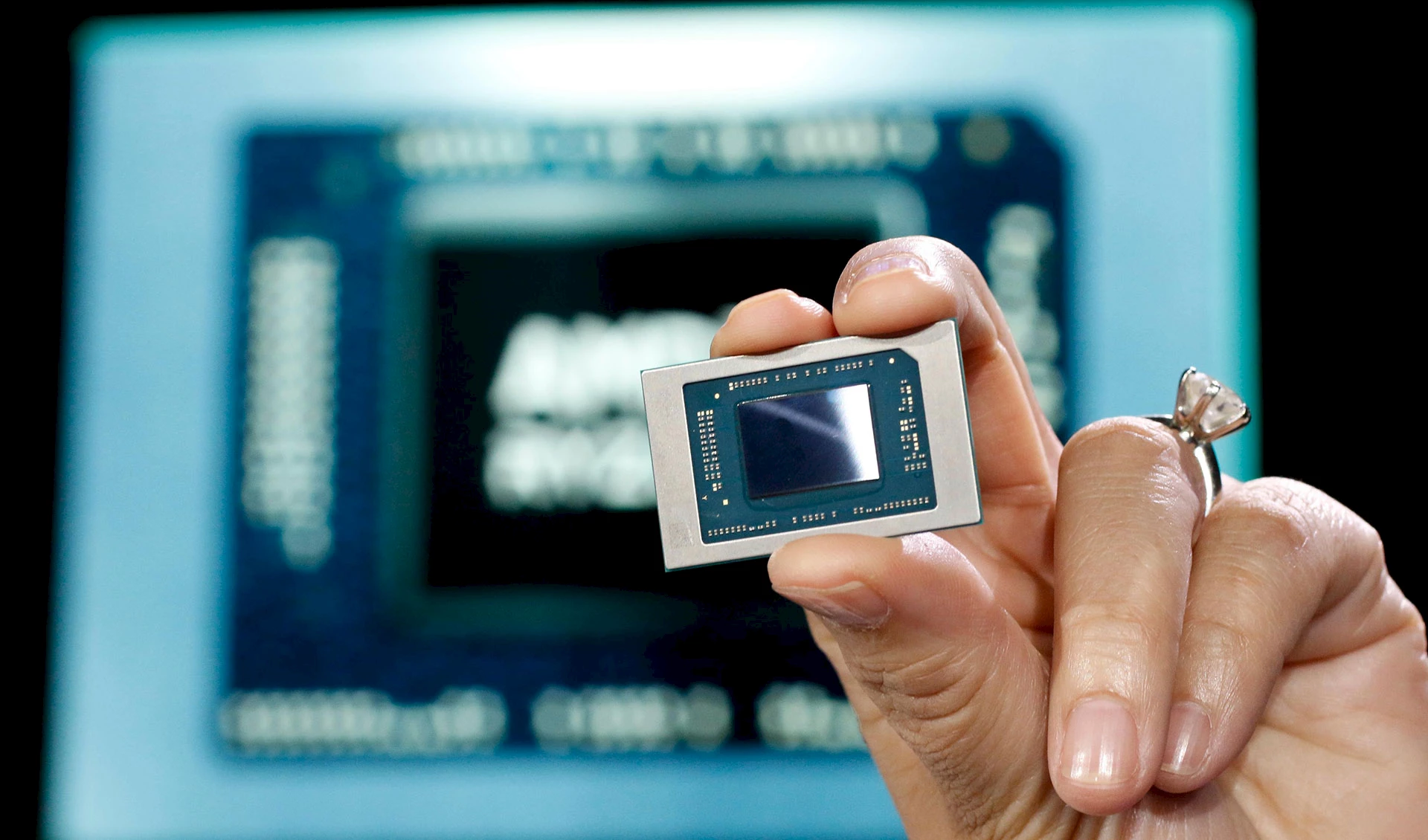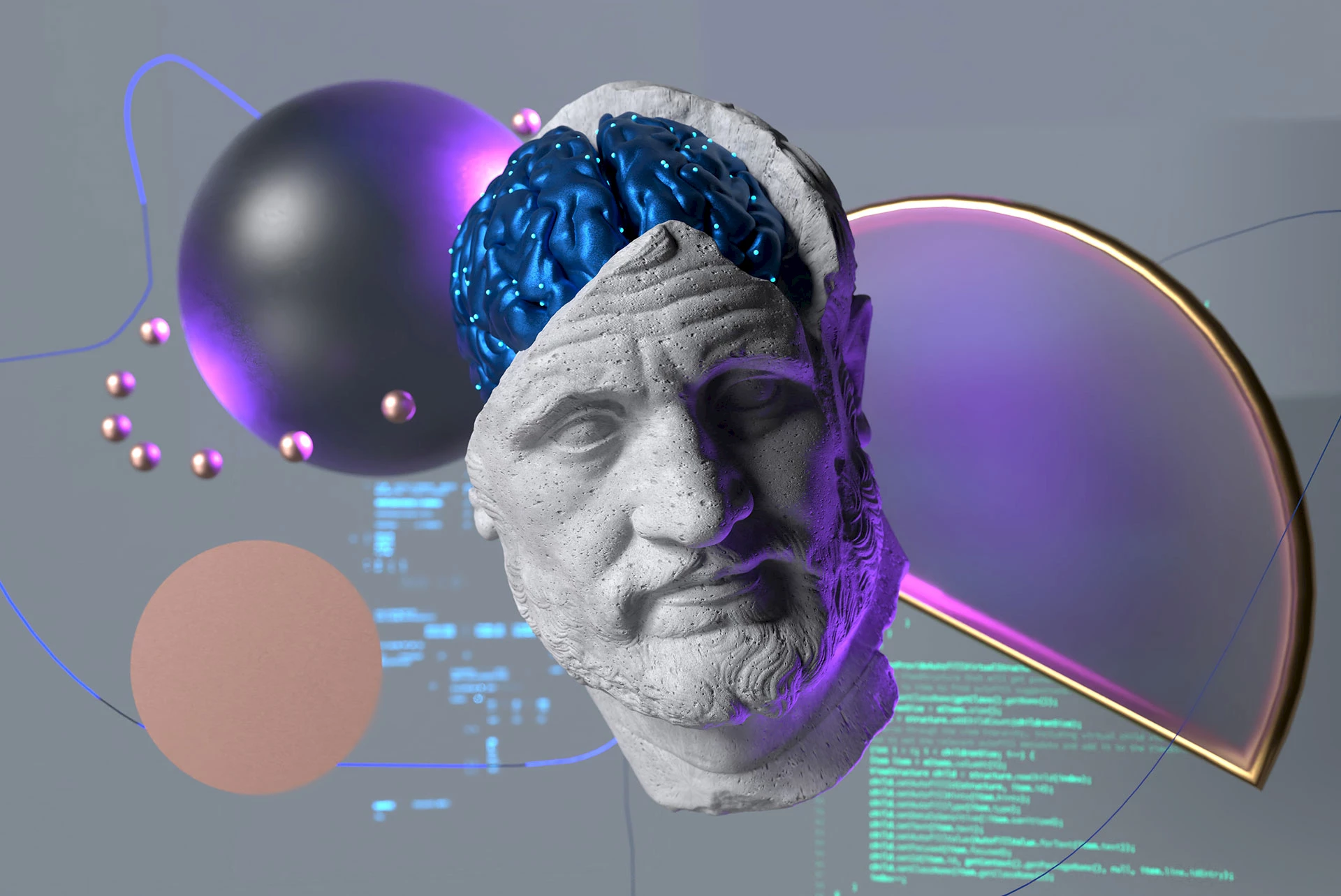Spiria Tech Recap - № 369 - OpenAI APIs, GitHub Secret Scanning, beating AI at its game, Windows 12, LLaMA-13B

OpenAI’s two new APIs

© OpenAI.
OpenAI announced APIs (application programming interfaces) for its ChatGPT and Whisper artificial intelligence models that allow developers to easily integrate these features into their applications, for a fee based on actual usage. Launched in late November, ChatGPT is a chatbot that generates logical text in various styles. The API access price is US$ 0.002 for 1,000 tokens (about 750 words), which OpenAI says is about ten times cheaper than its current GPT-3.5 models. “Through a series of system-wide optimizations, we’ve achieved 90% cost reduction for ChatGPT since December,” writes OpenAI. Whisper, priced at US$ 0.006 per minute, is a speech-to-text model launched in September that transcribes audio recordings into text in multiple languages and can translate those languages into English.
Furthernore, in response to privacy concerns about collecting data from its customers, OpenAI says it has modified its terms of service to no longer use submitted data to improve the service, which includes the training of future models. Therefore, the default data retention policy is 30 days for API users, and the terms of service emphasize that users own the inputs and outputs of AI models.
⇨ Ars Technica, Benj Edwards, “ChatGPT and Whisper APIs debut, allowing devs to integrate them into apps.”
2023-03-01
Your secrets are safe with GitHub

© iStock.
GitHub announced that its “secrets” detection alert service is now available for all public repositories and can be enabled to detect leaks across previously-published material. Secrets are sensitive data that is inadvertently left in code and accidentally gets added to GitHub repositories, including API keys, passwords, authentication tokens, and other confidential data that attackers might use to breach security. Transgressors often use GitHub public repositories to find authentication data and penetrate networks, stealing data and even impersonating a company. GitHub began rolling out a beta version of this free secrets detection feature in December 2022 to help developers spot accidental public exposure of sensitive data. Since then, 70,000 public repositories have enabled the new feature, while all owners/admins of public repositories can enable these alerts to secure their data.
GitHub shares the example offered by DevOps consultant and trainer Rob Bos to highlight the power of the secrets scanning alerts. After enabling the feature on 13,954 public GitHub Actions repositories, Rob found secrets on 1,110, or 7.9% of them.
⇨ The GitHub Blog, Zain Malik, Mariam Sulakian, “Secret scanning alerts are now available (and free) for all public repositories.”
2023-03-01
A human Go player gets the upper hand

Future champ. © iStock.
In 2016, a computer beat a human champion in the game of Go using DeepMind Technologies’ AlphaGo software. This AI victory made the news because Go is often considered the most complex of all board games. In a recent, unexpected reversal, a human player, Kellin Pelrine, got the upper hand over the computer by winning 14 out of 15 games against the AI. Pelrine resorted to a trick: he used a program specially designed to detect previously unknown AI weaknesses. The tactic, identified by the software during more than a million games, involves progressively assembling a large ring of stones to encircle one of the opponent’s groups, while distracting the AI with movements in other corners of the board. Even when the containment was nearly complete, the Go robot player did not detect its vulnerability, which any human player would have quickly noticed. Basically, the AI was thrown off by a very unusual game strategy that had probably not been part of its training data.
⇨ Ars Technica, Richard Waters, “Man beats machine at Go in human victory over AI.”
2023-02-19
Windows 12 might be around the corner

Ryzen 7040. © Advanced Micro Devices.
Several sources such as Windows Central mentioned that Microsoft is considering a new three-year development cycle for major versions of its operating system. Between these major releases, Microsoft uses smaller updates to deliver a steady stream of new features. According to this new schedule, the next major update should come out in the second half of 2024. A first tip bolsters this assumption: in a leaked Intel communication, a description of the future 14th-generation Meteor Lake-S desktop processor lists that it supports “Windows 12”. The first Meteor Lake processors are confirmed to deliver late 2023.
Everything leads us to think that the next version of Windows will make heavy use of AI, so it's likely that Microsoft is working closely with hardware partners like Intel and AMD to produce AI-optimized chips. As a further sign of the times, AMD unveiled earlier this year the Ryzen 7040, the first x86 laptop-specific processor equipped with an integrated AI engine.
⇨ Tom’s Hardware, Brandon Hill, “Intel Meteor Lake Leak Points to Windows 12 Support.”
2023-03-01
A new Meta/Facebook language model

© iStock.
Meta has announced LLaMA-13B, a new AI-powered large language model (LLM) that the company says can outperform OpenAI’s GPT-3 model despite being “10x smaller.” Smaller AI models could allow ChatGPT-like assistants to run locally on devices such as PCs and smartphones. LLaMA-13B is part of a new family of language models called “Large Language Model Meta AI”, or LLaMA for short. Meta has trained its LLaMA models using publicly available datasets such as Common Crawl, Wikipedia, and C4, making them open-source compatible. The company is designing these foundational models as the technological basis for more evolved AI models, similar to how OpenAI built ChatGPT from a GPT-3 foundation. A simplified version of LLaMA is available on GitHub.
LLaMA paves the way for ChatGPT-like performance on consumer hardware in the near future. The number of parameters in a language model is a key factor in its performance, with larger models generally able to handle more complex tasks and produce more logical results. However, a larger number of parameters takes up more space and requires more computational power. The size of the language models in the LLaMA collection ranges from 7 to 65 billion parameters. In comparison, OpenAI's GPT-3 model — ChatGPT’s base model — has 175 billion parameters. Meta has not yet announced plans for a larger version of the model.
⇨ Ars Technica, Benj Edwards, “Meta unveils a new large language model that can run on a single GPU.”
2023-02-24
